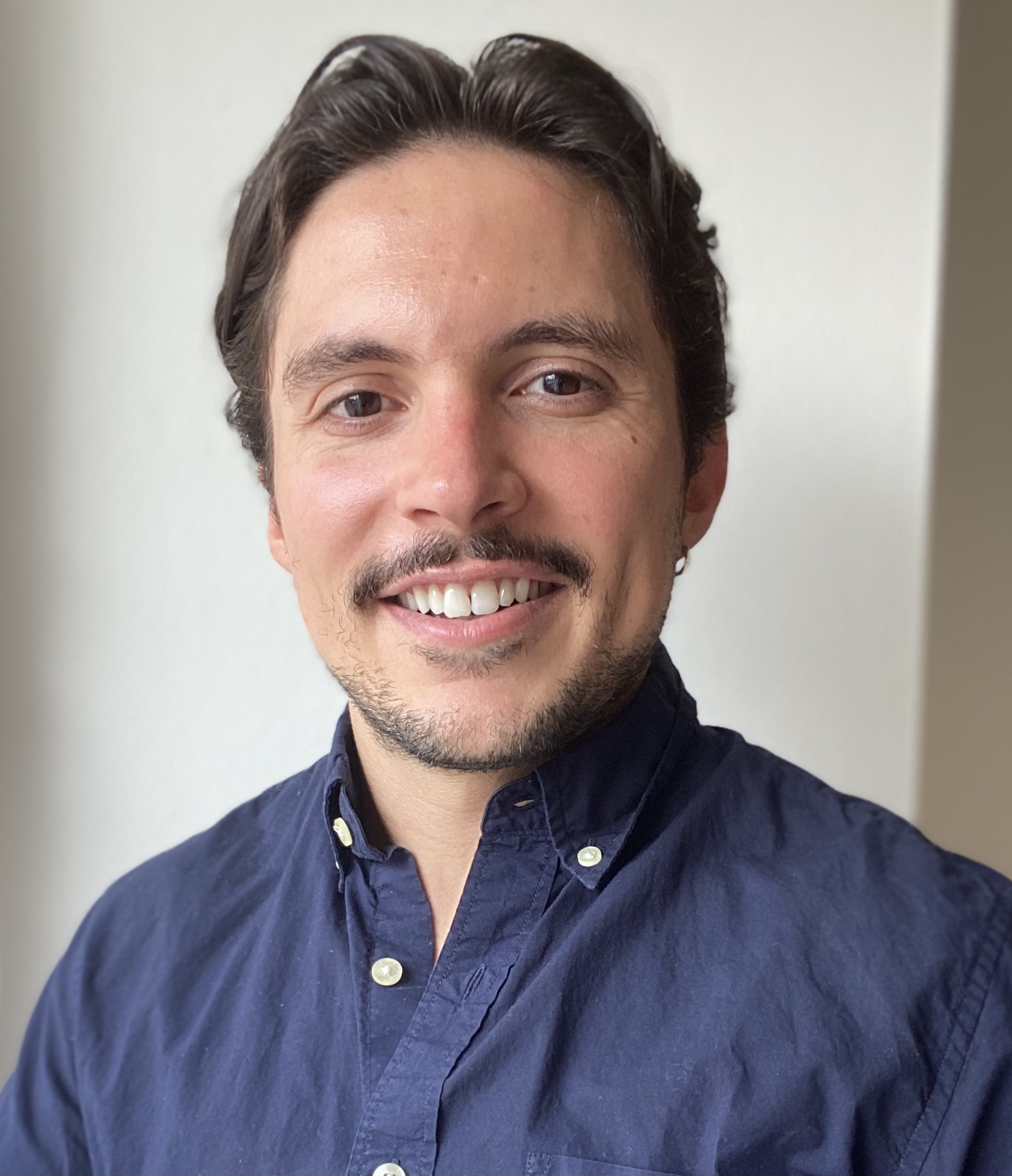
As an applied developmental psychologist, I examine how specific perpetrators of ethnic-racial discrimination (e.g., peers, school adults, and law enforcement) shape children’s life course trajectories. Specifically, I take a multi-method, multidisciplinary, and collaborative approach to investigate: (1) why distinguishing between perpetrators of racial discrimination matters, (2) what are the direct and intergenerational consequences of involvement in the criminal justice system, and (3) what are opportunities that peers, educators, and families can leverage to reduce the adverse effects of unwarranted involvement in the criminal justice system on children’s wellbeing. To do this research, I have utilized large, population-scale studies (i.e., the Fragile Families and Child Wellbeing Study and the Adolescent Brain Cognitive Development Study) and am interested in using other related datasets (i.e., the National Longitudinal Study of Adolescent to Adult Health) in future projects. Overall, my research agenda is to incorporate interdisciplinary perspectives (i.e., psychology, sociology, population studies, etc.) in my empirical research that seeks to inform setting-specific policies and interventions working to improve the wellbeing of all youth.
I am an Assistant Professor at the Department of Psychology at the University of Minnesota, Twin Cities. I received my Ph.D. in Developmental Psychology with a concentration in Advanced Quantitative Analyses from New York University. As an applied developmental psychologist, I examine how specific perpetrators of ethnic-racial discrimination (e.g., peers, school adults, and law enforcement) shape children’s life course trajectories. The goal of specifying perpetrators is to inform setting-specific policies and interventions working to improve the well-being of all youth.